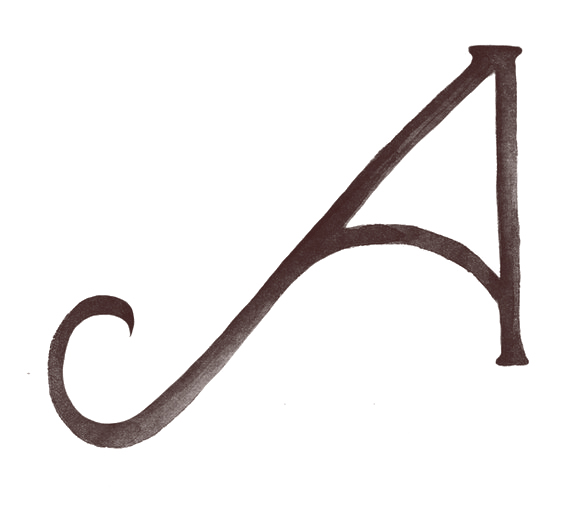Loaded writing questions with... Richard Holt
Richard Holt came to writing through visual art, and combines both with text-based installations.
He is extensively published, with both non-fiction and fiction appearing in a range of mainstream and alternative journals. He also has a passion for microfiction and dabbles in poetry.In his work as a story coach for A story to tell... he collaborates closely with clients to help bring out their writing skills in a one-on-one teaching relationship, which we will explore in this Loaded Questions series. In the first instalment, he talks about his methods for achieving flow in his own work.
How do you like to work to promote flow for you?
I get my energy from my surroundings. So, at a café or if I’m on the way somewhere I’ll pull out the laptop and do it on a train or on a train station. I actually like working in those semi-public work environments.
I’m very comfortable with a little bit of noise around me. Far more comfortable with that than silent space. I can be heads down in a café and not really interacting directly with anyone, but the fact that I’m in an environment that’s populated and that’s got the buzz of people in conversation, I feed off that energy.
And writing can be very, very isolating. I don’t want to impose that on myself just because I want to write.
In the morning I’ve got a particular kind of energy, in terms of doing stuff that comes quickly. I find I can sit down after breakfast and if I’m in the middle of something that’s already planned – that could be a manuscript report or my own writing – if I’m working on something and I know what the content has to be, then I can get it down quickly in the mornings.
Often in the afternoon and towards the evening, before my son comes home and the day goes pear-shaped, that’s when effectively I’ll be planning the next stage.
For more formal things like editing, there’s a time and a place for sitting at a desk and doing quiet concentrated work, but you have to give yourself both I think.
Particularly with writing and writers, you have to know what works for you, and sometimes you have to change it up. That’s the other thing that I’ve learnt, is that the easiest thing you can do when your writing is not coming to you, is get up and move around and change your circumstances. Have a bit of a walk, go into the sunshine. If you just sit there and stare at the same screen and the same blank page you’d be unlikely to resolve anything.
May your words pour onto the page,
In our next instalment, Richard discusses his process of working with writers and emerging writers in his story coaching process.


